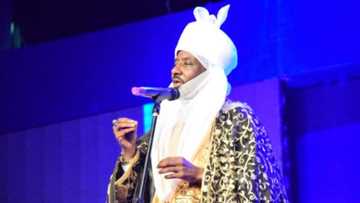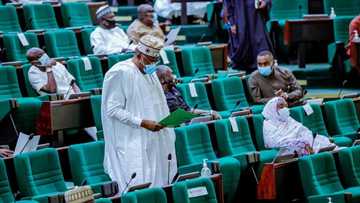Sharia law in Nigerian constitution
Do you know the origin of the Sharia law in Nigeria? Where did it come from? What place does it have in the constitution of the state today? You can learn it all from our article.
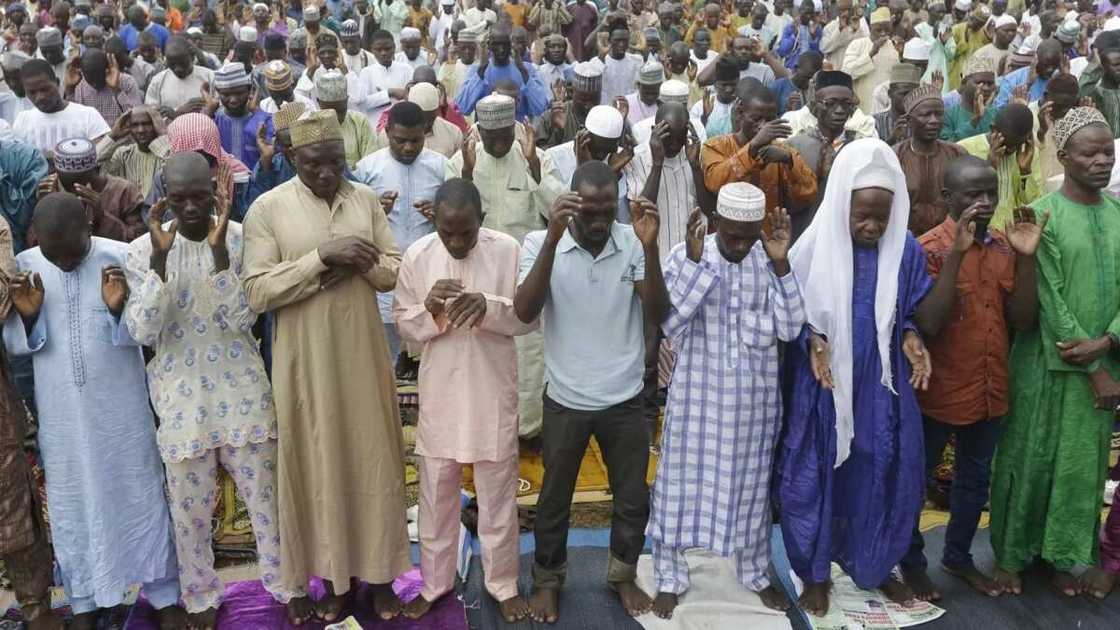
The issue of sharia law place in the Nigerian constitution was raised so many times that we have decided to answer it once and for all. However, before we get to explaining its current place, we believe that we have to define the notion of sharia law. So, let’s get down to business.
What is sharia law?
The origin of sharia law can be found in the Islamic tradition. Basically, it is one of the religious laws the whole Islamic culture stands on. The basic rules of sharia law root back to the main written law of Muslims also known as the Quran and Hadith.
Sharia law was formulated and developed by different religious groups from all over the Islamic world including Hanbali, Maliki, and Jafari. They helped the Muslims to apply sharia law in daily life, jurisprudence, public services and religious traditions.

It is important to say that sharia law has different applications in various countries. Thus, for instance, Sharia law is only applicable to the Muslim population in Israel and many other African and Asian countries. Meanwhile, the adherents of other religions cannot be punished or fined in agreement with Islamic jurisdiction.
There are five types of sharia rulings. Some of them are mandatory, while others are either recommended, permitted, prohibited or abhorred. The good thing is that some of these laws are similar to the general understanding of human rights and responsibilities, which the rest of the world sticks to.
Now as you know the meaning of sharia law let’s move on to exploring its history in the world as well as in Nigeria in particular.
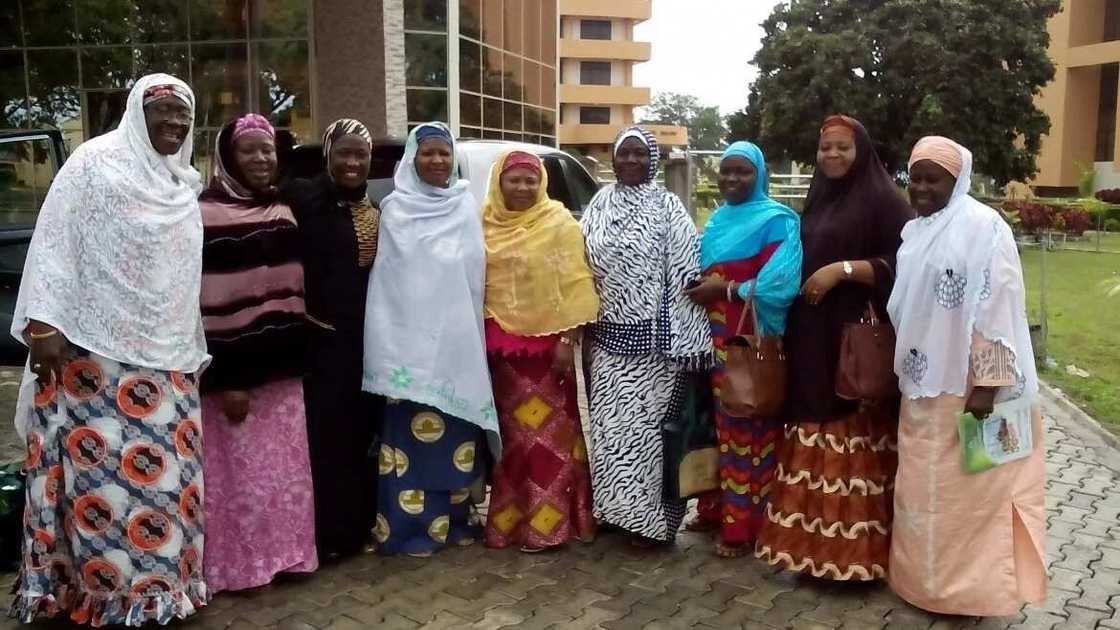
History of Sharia law
Long before this law came to Nigeria, it was established and developed for ages by so-called muftis, who served as lawyers or lawmakers in places where Sharia originated from. However, they did not implement the punishment or reward according to this law themselves.
There were special bodies which defined and administered this law and the legal system in general. There were two different types of courts where one might have gotten to for breaking the divine will of God written in the form of sharia.
Later in its history, this law was substituted by the western jurisprudence and legal procedures. Since Muslims lived together with adherents of other religions many compromises were made aiming to pay respects to people from different religious background. Thus some of the sharia laws remained for the Muslim population only.
People who fought for human rights insisted that punishments like stoning are canceled. As a result of their efforts, most countries agreed to this despite the claims of Muslims to leave it.
However, let’s look into details of the development of this law in Nigeria as this is our primary focus.
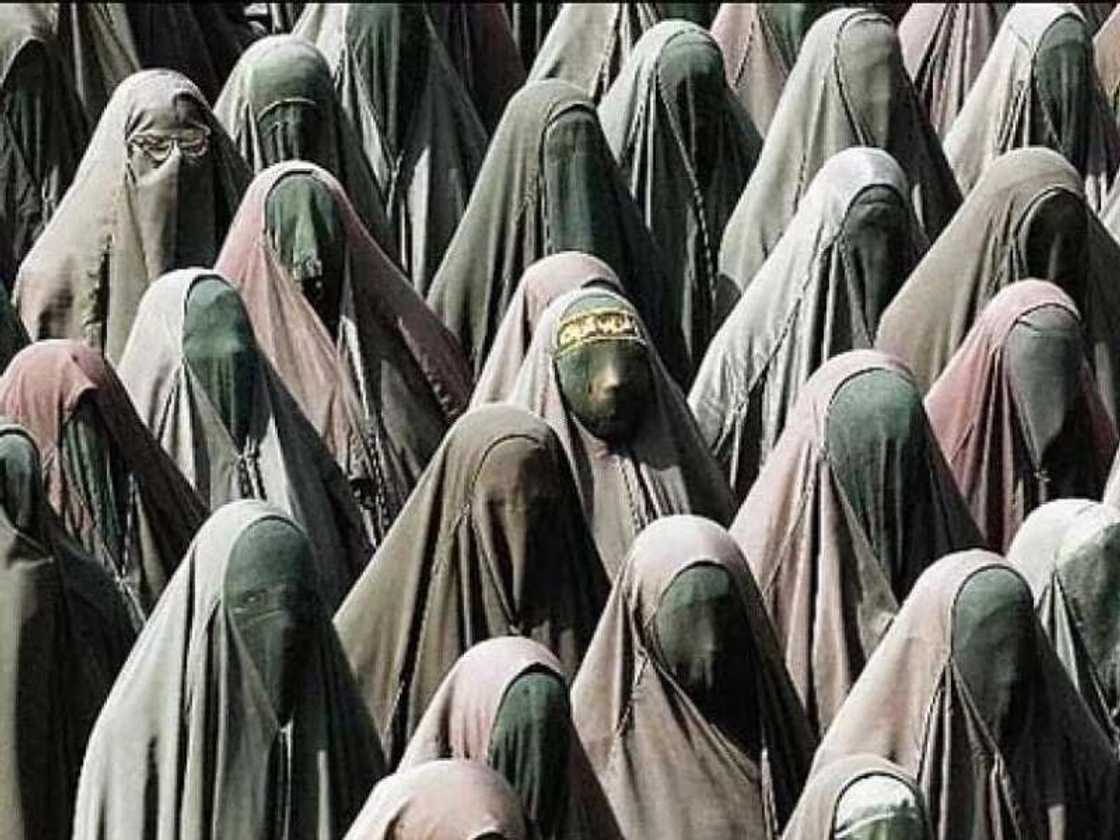
History of sharia law in Nigeria
Given the diversity of Nigerian population, one cannot be taken by surprise with the fact that some states where the majority is Muslim chose to establish sharia law as their primary rule. Out of thirty-six, Nigeran states at least nine use have sharia law applied to different individuals from the Muslim population on the special occasion.
Apart from those nine states three other ones which have a lot of Muslims living there also stick to applying sharia law.
According to the official information, Islamic sharia law in Nigeria is enforced in the following states:
- Zamfara State
- Kano State
- Sokoto State
- Katsina State
- Bauchi State
- Borno State
- Jigawa State
- Kebbi State
- Yobe State
- Kaduna State
- Niger State
- Gombe State
Unlike other twenty-four states, these ones have a unique legal system, which means that legal issues can be overlooked in two different types of courts. One of the courts is known as customary while the other one is sharia.
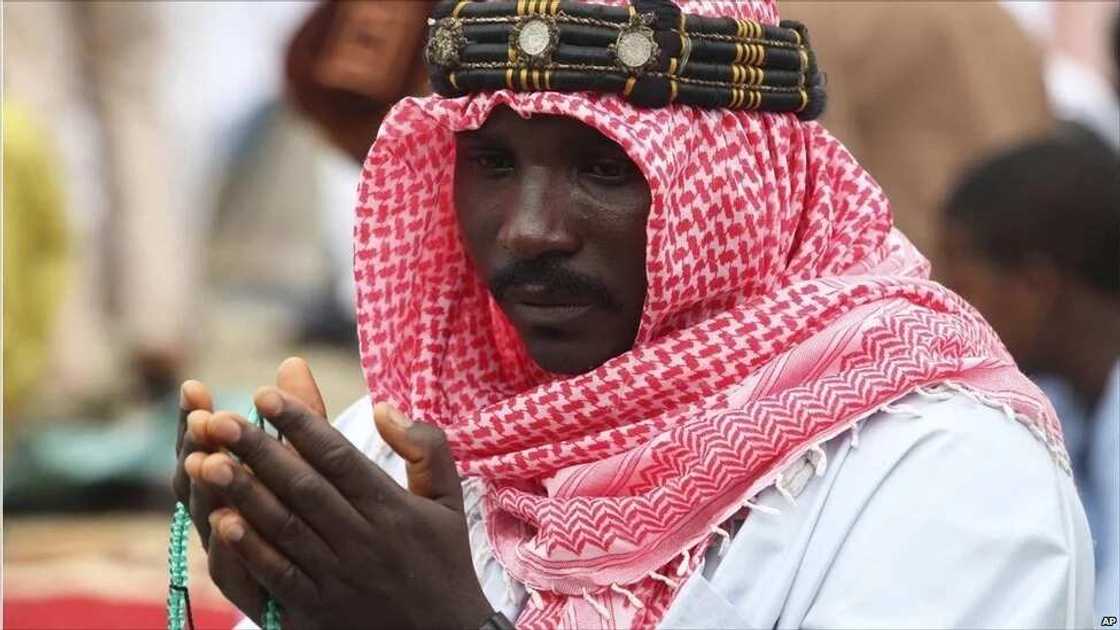
Nigerian constitution and sharia law
Unfortunately, there is no peace between those demanding this type of law applied and those opposing it. In fact, the Nigerian history is packed with riots and protests against sharia implementation on the level of the state. The sad news is that in 2001 almost a hundred people died fighting against the system in Kano State.

Read also
REPORT: How COVID-19 increased child labour in Lagos state (parents, children share experiences)
Meanwhile after a woman in a Northern State was stoned for made up adultery the publicity became outrageous. They protested against such laws and sought professional help from international organizations supporting the human rights.
READ ALSO: Sharia: Nigerian Christians threaten showdown
Today some of the states stick to using sharia and Islamic courts as an established legal system. Moreover, a well known fact states that one Nigerian was sentenced to death penalty.
From what we know today there are federal courts of appeals, which rule and administer different cases in agreement with Sharia law. Unfortunately, some say that the system there is biased and controversial. Employees of this establishment control over using their personal interpretations of the religious law. However, Nigeran authorities also demand that they use the general laws, which are applied elsewhere in the country.
Thus, instead of using just the one system, they are to use two. This causes lots of controversies and conflicts of interests.
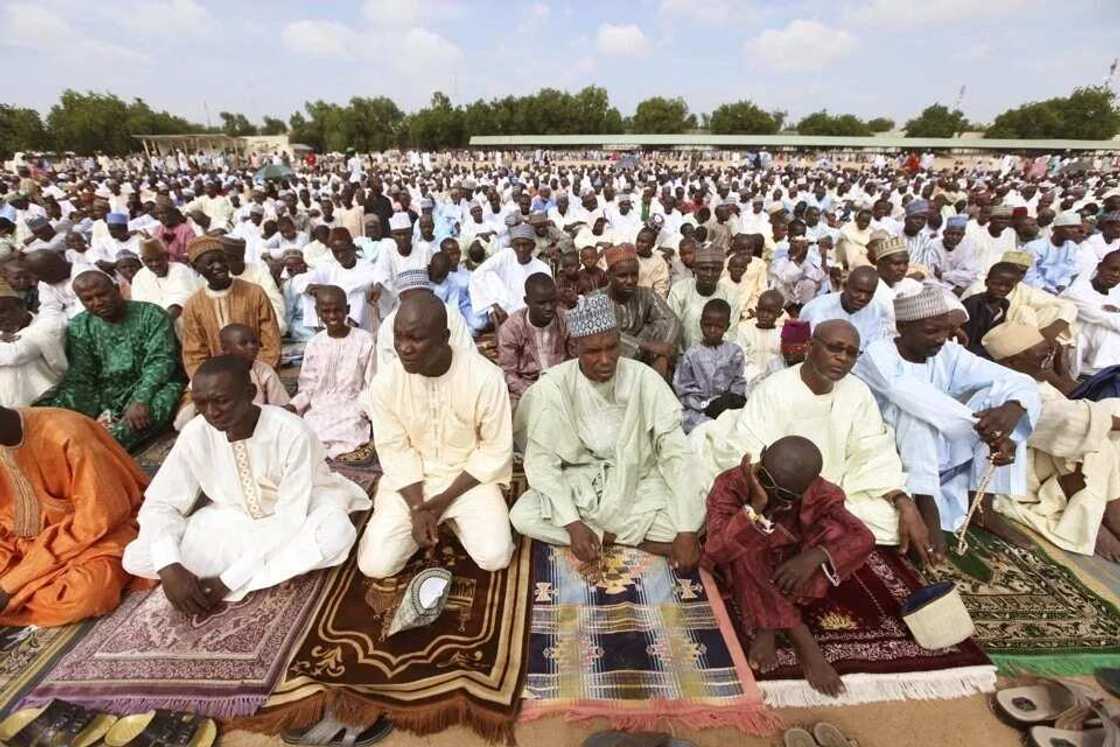
Blasphemy law in Nigerian courts
It is interesting enough that there is one area in which two legal system do not contradict each other. Both customary and Sharia laws view blasphemy as a law-breaking action. Here is a quote from the criminal code of Nigeria, which describes the attitude of both of these systems to this act:
Any person who does an act which any class of persons consider a public insult to their religion, with the intention that they should consider the act an insult, and any person who does an unlawful act with the knowledge that any class of persons will consider it an insult, is guilty of a misdemeanour and is liable to imprisonment for two years.
READ ALSO: Dogara asked me to pass Sharia bill quietly - Hon Salame
It is important to understand the meaning and place of sharia law in Nigeria since this country is home to the biggest Muslim population in the western part of Africa. To tell the truth, around half of the people living in Nigeria consider themselves the adherents of the Islamic religion.
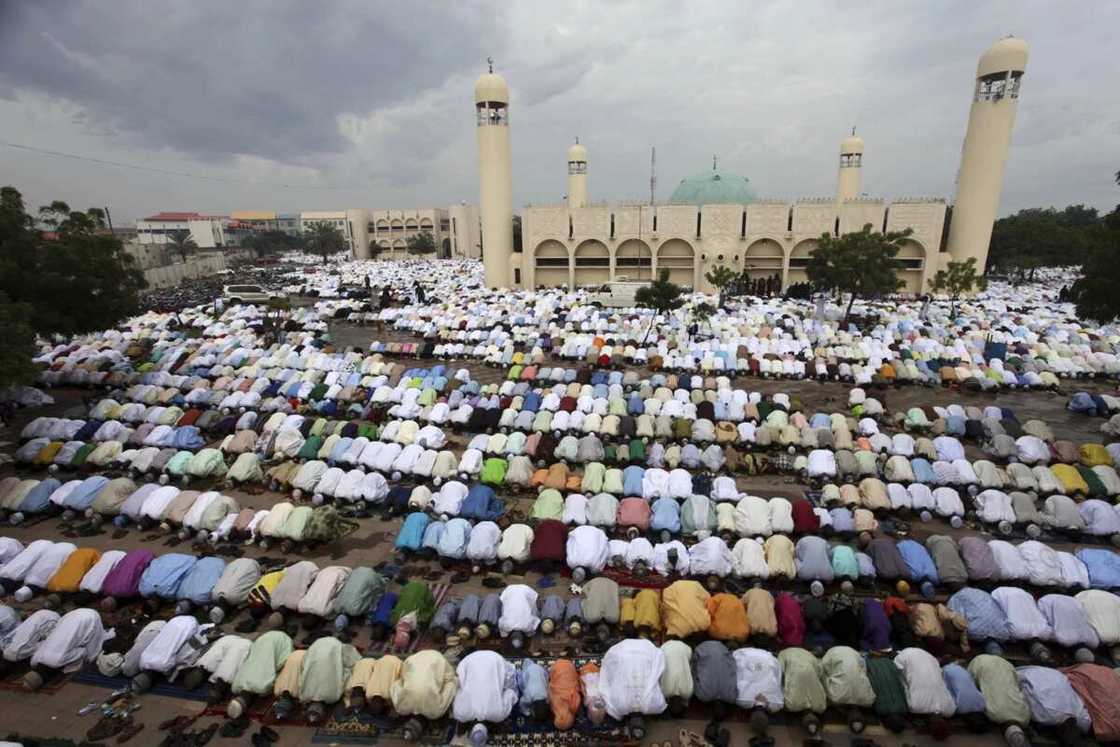
According to the Pew Research Center as well as BBC the approximate amount of Nigerians who call themselves Muslim is a bit more than fifty percent.
Muslims in Nigeria are predominantly Sunni in the Maliki school, which is also the governing Sharia law. However, there is a significant Shia minority, primarily in Kaduna, Kano, Katsina and Sokoto State; (see Shia in Nigeria). A smaller minority follow the Ahmadiyya, a reformatory sect originating in nineteenth century India. In particular, Pew Forum on Religious diversity identifies three percent as Ahmadi Muslims and twelve percent as Shia Muslims
We hope that you found this information useful. Sharia law is an enormous deal in Nigeria, so it is important to be aware of the area of its influence. Make sure you shared it.
Source: Legit.ng

